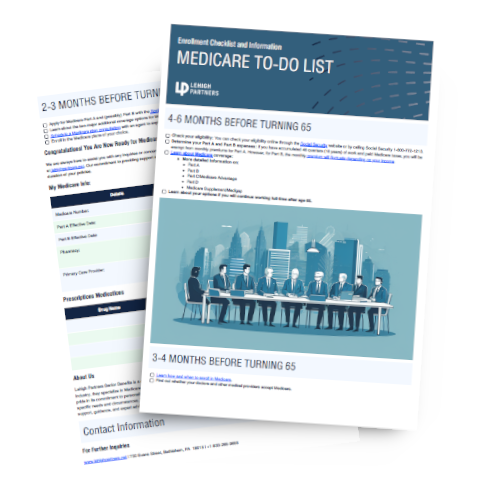National Caregivers Day is observed annually on the third Friday in February. Across the nation dedicated health care professionals serve those who require long-term or hospice care. National Caregivers Day honors those men and women dedicated to providing these vital services
Get Free Medicare Help Today
Get a free Review
Recognizing Burnout and Providing Solutions for Patients & Clients
An estimated 42 million Americans provided unpaid care to an aging person in 2019– roughly one in six adults in our country, according to the AARP. That means all of us come into contact with family caregivers regularly, even if we don’t realize it. Many households across the U.S. have multiple generations living under one roof, with middle-aged people often working a full-time job while also caring for their children and an ill or elderly parent.
Nearly half of caregivers in the U.S. say they have trouble balancing their work and caregiving responsibilities, and caregivers are often afflicted with depression, burnout, and stress-related illnesses. These issues impact not only the caregiver, but the vulnerable seniors who they are responsible for.
Medical professionals know and warn that it is easy to become so engrossed in looking after others that the caregiver neglects their own emotional, physical, and spiritual health. The demands on the body, mind, and emotions can take over, leading to fatigue and hopelessness.
Many caregivers feel guilty if they spend time on themselves rather than on an ill or elderly loved one. Often, their own children, home responsibilities, and even their physical and mental health fall by the wayside. Overexertion and over-scheduling can prevent quality sleep and offer insufficient downtime. It is natural to hear your patients’ or clients’ caregiver express frustration, sadness, loneliness, or even anger and resentment. It is important to recognize the signs that someone is overwhelmed and offer recommendations for lightening the workload.
US Caregiver Facts:
- In the past five years, over 40 million family caregivers provided 37 billion hours of care for loved ones.
- At least 20% of adult children are taking care of an older parent.
- About 85% of family caregivers in the U.S. do not receive any respite care.
- Men are more likely to have employers who are not supportive of their caregiving duties.
- Of working caregivers, 8% state that they have been sidelined from job growth opportunities because of their caregiving responsibilities.
- Depression affects 20 to 40% of all caregivers.
- Women have been found to be more susceptible to caregiver burnout than men.
- Those who are responsible for helping someone with Alzheimer’s disease, dementia, or a debilitating illness are also at a high risk of developing their own medical issues.
Caring for the Caregivers
Respite care, either formal or informal, can be vital in reducing caregiver burnout. Often, caregivers don’t realize, or want to admit, that they need help. A simple monthly family meeting or phone call can offer the caregiver an opportunity to express areas where they feel more help or balance is needed.
Formalized respite care and adult day care are two additional options that can provide brief, periodic respite hours, during which the caregiver can attend to other household needs or even some self-care. These services don’t have to be expensive – often they are available through a local house of worship, and government-funded resources through their local Agency on Aging may be possible.
Oasis Senior Advisors can help identify respite options for a variety of circumstances. They understand that everyone has different needs, and can provide comprehensive, personalized recommendations for seniors and their families. To learn more or to assist your patient or client, call (888) 455-5838.
Bob Hollinger
Certified Senior Advisor
Need help finding the “right” assisted living, dementia care, independent living senior home here in the Lehigh Valley. Bob Hollinger’s provides a free service explaining and educating you on all your options.

